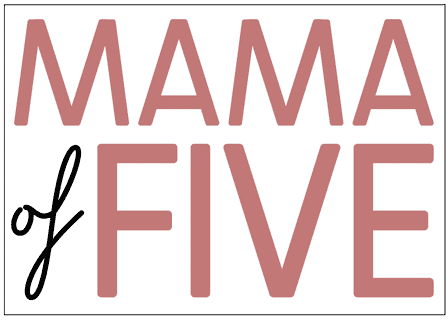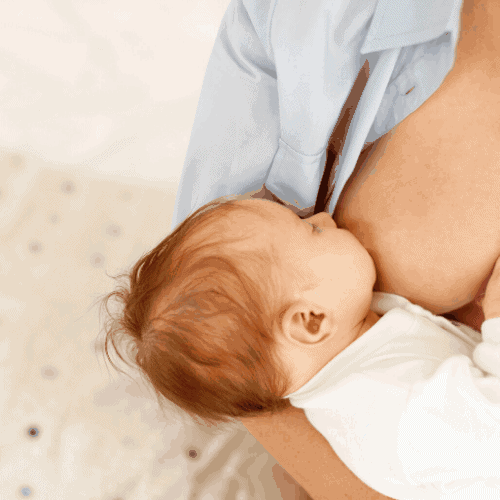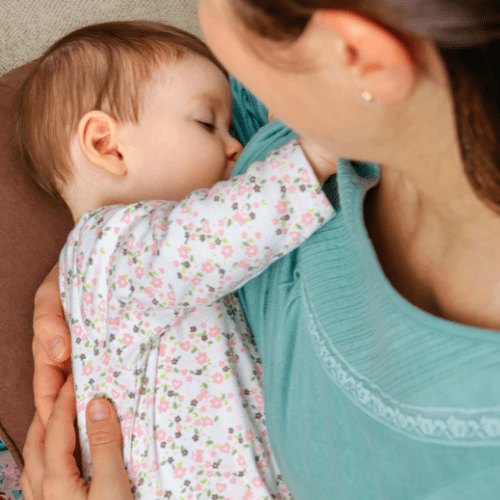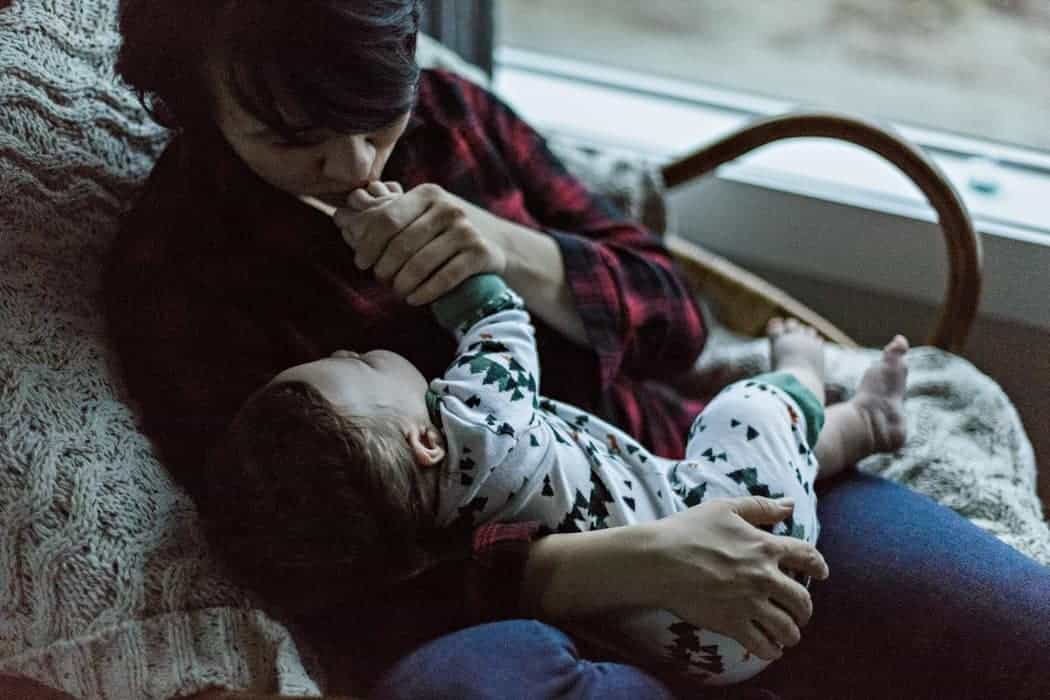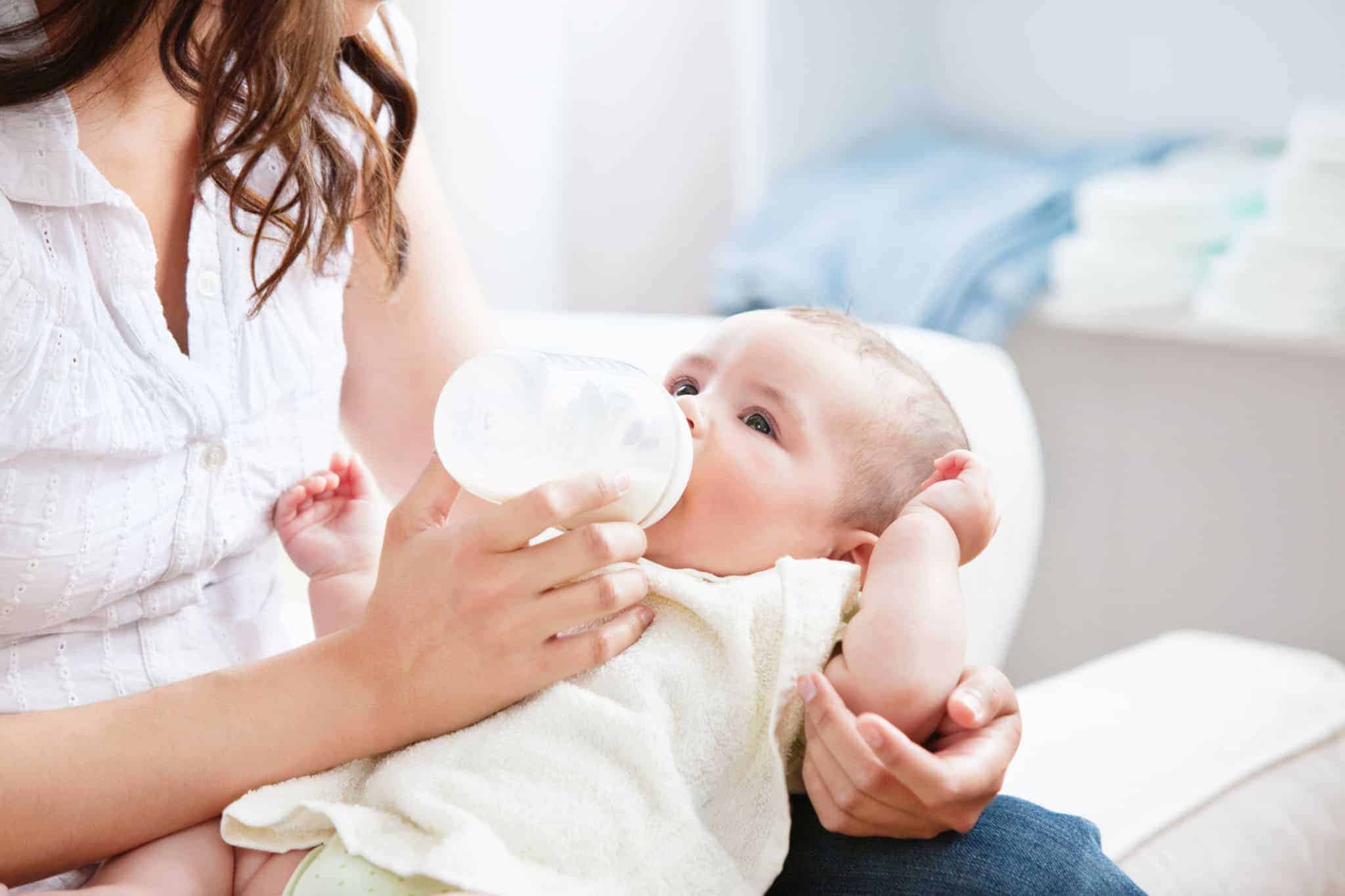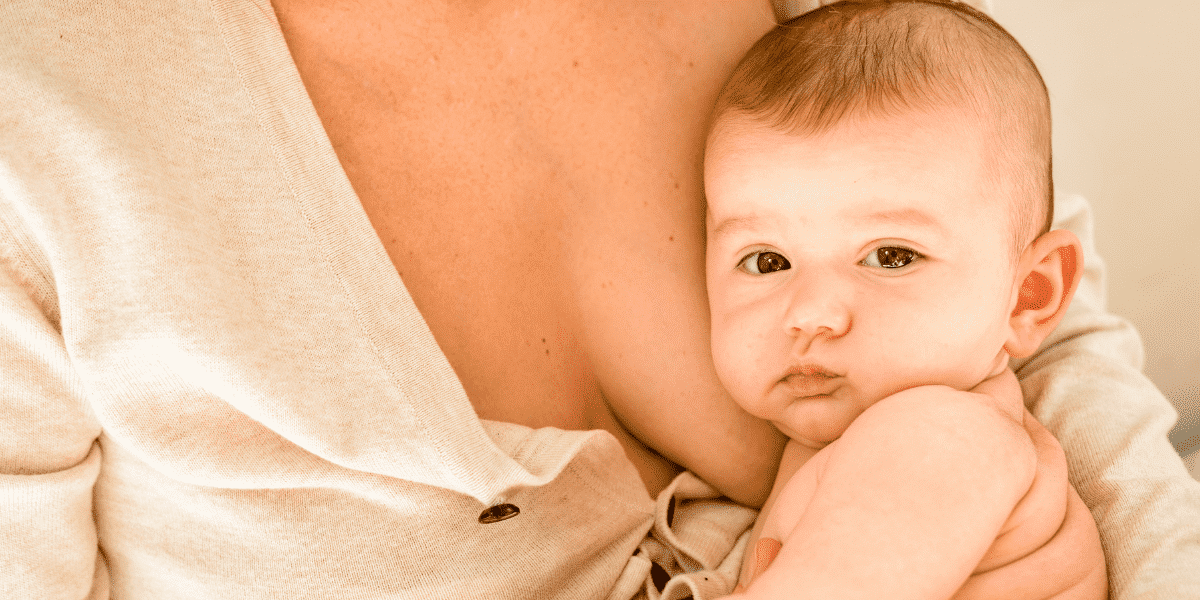Focusing on your diet when breastfeeding is very important. What you eat create minerals and nutrients for your baby’s milk as well as gives you energy to make more milk and keep going.
Healthy foods, such as fruits, vegetables, fish, nuts and seeds are all encouraged during breastfeeding. Starch foods give your energy such as potatoes, bread, pasta and rice. Dairy foods are a source of much needed calcium for you.
Eating two portions of fish a week is encouraged, and one of those should be one portion of oily fish. Therefore, there is nothing wrong with eating sushi if these restrictions are observed.
Pregnant women are advised to avoid raw fish as bacteria and parasites found in raw fish can be dangerous for the unborn fetus. These restrictions do not apply to breastfeeding mothers since there is no risk of it passing through breastmilk to the baby.
As an Amazon Associate, I earn from qualifying purchases. The links below may be affiliate links. Please read my disclosure policy for more information.
Why Can’t Pregnant Women Eat Sushi?
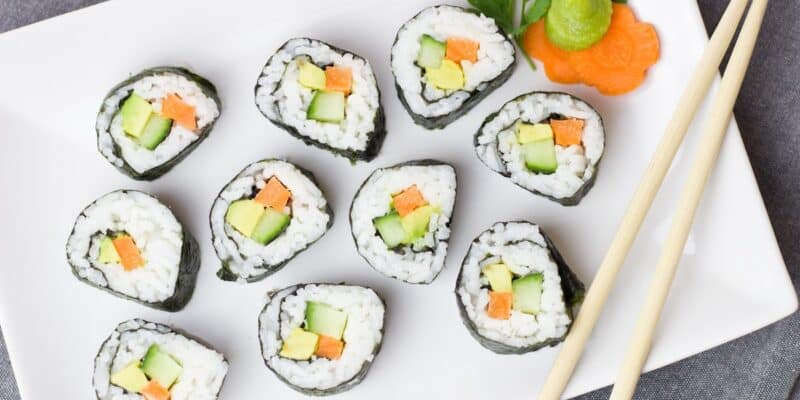
Raw and undercooked seafood contains harmful bacteria, viruses and parasites which can pass through the placenta to the growing fetus. Pregnant women are more likely to become infected with listeria infection – a foodborne illness.
If the infection isn’t treated in a timely manner, it can develop life threatening complications for the fetus. This can include a miscarriage, preterm labor and low birth weight.
Therefore all kinds of raw seafood are to be avoided by pregnant women, including sushi containing fish. Pregnant women can however have vegetarian sushi with avocado, carrot, tofu, cucumber or even cooked fish.
It is also important to eat no more than two portions of fish a week, with one being an oily fish. Some fish contain higher levels of mercury, which is a heavy metal that builds up in the flesh of fish. Having high levels of mercury when pregnant can cause harm to the developing fetus – including their brain and nervous system.
So, Can You Eat Sushi When Breastfeeding?
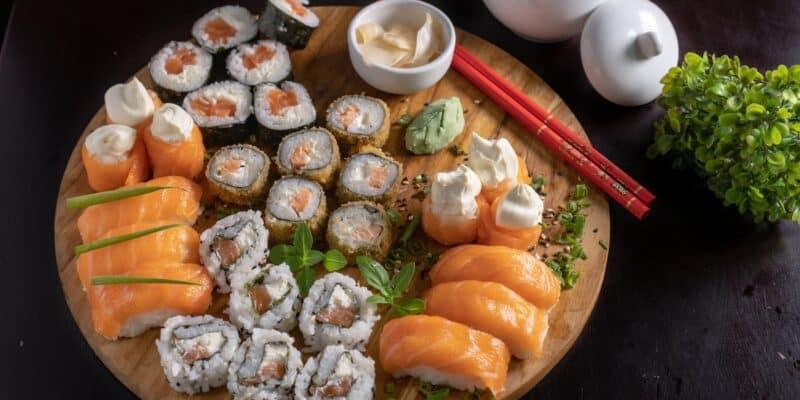
Since breastfeeding babies can not develop listeria infection in the same way unborn fetuses can, sushi can be consumed by breastfeeding mothers. This is because any harmful parasites and bacteria does not pass through the breastmilk.
However, the mother can still get sick from the bacteria found in raw fish and being ill whilst having to look after a newborn is the last thing anyone needs! Therefore, it is best to be safe and avoid any foods that can potentially cause food poisoning.
If you do wish to eat sushi, then make sure it is sourced from a clean hygienic restaurant or supermarket. If you can, find out if the fish is fresh as that will lower your chances of catching an unwanted illness.
Don’t forget, sushi isn’t just all raw fish. It also contains seaweed and rice, which is a source of energy for the breastfeeding mother as well as nutrient rich. Seaweed is a source of dried iodine which aids in the development of the baby’s bone and brain.
Can Breastfeeding Mothers Eat Fish?
Mercury, metal found in fish as mentioned previously, can pass through the breastmilk therefore the restrictions on fish portions applies on breastfeeding mums too.
It is also useful to note here, fish has many health benefits for breastfeeding mothers and their babies. Cold-water fish contains omega 3 and vitamin D which is vital for mothers producing breastmilk, and for the babies’ cognitive development.
Omega 3 is important for the baby’s brain development, eyes and nervous system. Vitamin D helps the development of healthy bones in babies. Vitamin B12 is also found in fish, which is also beneficial for the baby’s brain development. These can be passed through the breastmilk to the baby if the mum is eating a healthy nutrient rich diet.
Some of the best fish for mothers to eat are: cod, haddock, herring, salmon, shrimp, pollock, mackerel, trout and tuna. Fish with high levels of mercury should be avoided, such as: king mackerel, marlin, shark, swordfish and tilefish.
Therefore, sushi and fish in general is part of a healthy diet for all adults, including breastfeeding mothers. When all consideration is taken to limit portions and not overindulge in high mercury fish, then there is nothing to worry about.
How Can You Protect Yourself From Foodborne Illnesses

Whilst anyone can get food poisoning, there are certain steps that can be taken to prevent it especially when pregnant or breastfeeding. For starters, you should always wash your hands when handing raw meat in you kitchen.
Make sure your choice of supermarket and restaurant is preparing fresh seafood and sushi. It is critical to know their safe food handling practices in order to protect yourself.
If you are cooking raw meat, make sure you do not let it sit out for more than two hours. Keep it chilled until it is time to cook it. Cooked fish should also be stored in the fridge after staying out for longer than two hours at room temperature.
Any kitchen utensils, cutting board and dishes used whilst cooking fish needs to be washed with hot soapy water in order to prevent contamination and spread of bacteria.
What Is Listeriosis?
Listeriosis is a type of food borne illness that can be caught when eating raw fish. Symptoms include: diarhea, fever, nausea, vomiting and muscle pains.
Catching this infection is far more dangerous for a pregnant women than it is for a breastfeeding mother. This is because it can pass through the placenta and cause serious damage to the unborn fetus. However, this infection can not pass through the breastmilk to the nursing baby.
Other Dietary Tips For Breastfeeding Mothers
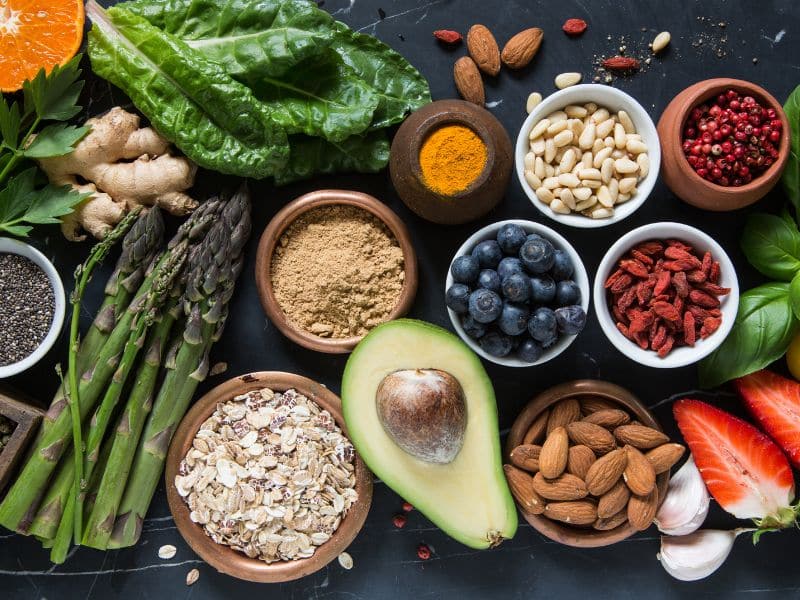
It is advisable to maintain a healthy diet when breastfeeding, since you are losing so many of your minerals and nutrients through your breastmilk. In order to keep your energy levels up and to sustain your health, you should be eating at least five portions of friends and vegetables daily.
During those first few months, when energy is low, it is crucial to keep up with the starchy foods, carbohydrates, for your energy. This includes wholemeal bread, pasta, rice and potatoes.
Constipation is an issue for most mothers postpartum, therefore make sure you keep the fluid intake high as well as fiber rich foods such as cereals, wholemeal grains, leafy greens, fruits, pulses and carbohydrates.
Don’t forget, as you produce milk, you will need to keep replenishing calcium and protein. Keep drinking milk or eating dairy foods.
Lastly, keep in mind everything you eat passes in small portions to your baby in your breastmilk.
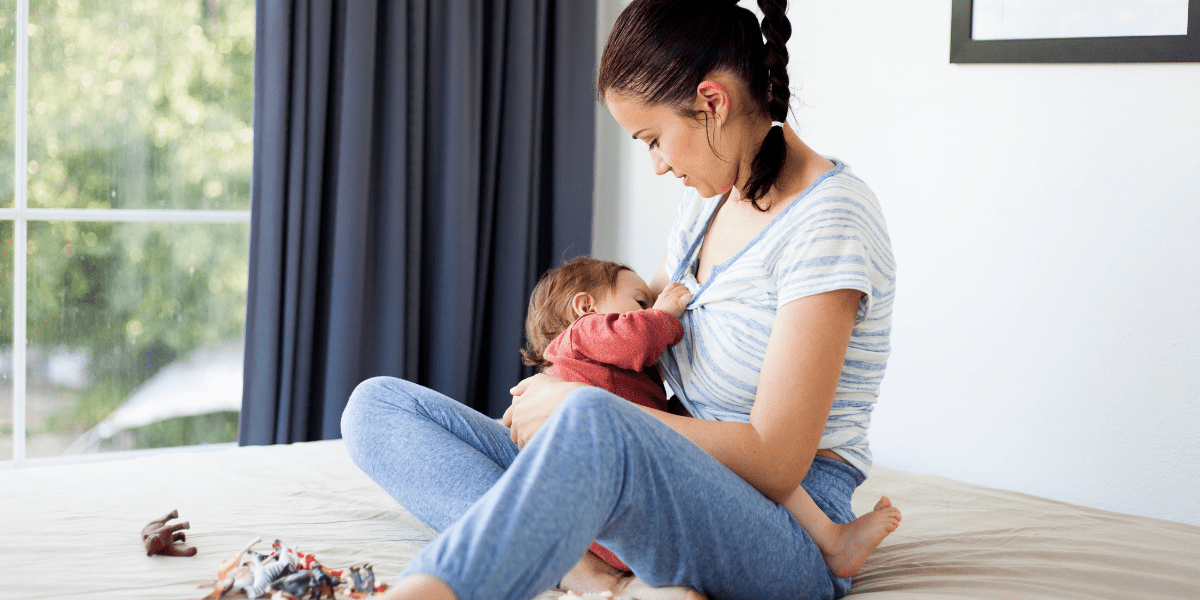
In summary, it is safe to say that breastfeeding mothers can eat sushi however like with everything else caution should be exercised. Raw fish contains bacteria and parasites that can get you sick, although the baby is safe from catching the same illness through breastmilk.
Fish is a healthy source of omega 3 and vitamin D therefore it is encouraged for breastfeeding mothers to eat at least two portions a week. This will be beneficial for the baby as well as the mother.
However, as with all foods, it should not be consumed excessively. Some fish contain high levels of mercury which can pass through the breastmilk to the baby in small amounts. Fish which contains high levels of mercury should be avoided by breastfeeding mothers.
Make sure you use a trustworthy and reliable fish vendor to purchase your sushi and fish from, freshness is key. Following safe cleaning and cooking practices when handling fish will protect you from catching unwanted food borne illnesses.
One of the ways in which you can stay safe when nursing is to avoid take away and food from outside altogether, at least until your baby is slightly older. You can also make homemade sushi at home using a sushi making kit.
Finally, if you are in doubt and would rather be safe then you can try vegetarian sushi or cooked chicken sushi. There are many amazing variations of sushi which aren’t limited to raw fish.
